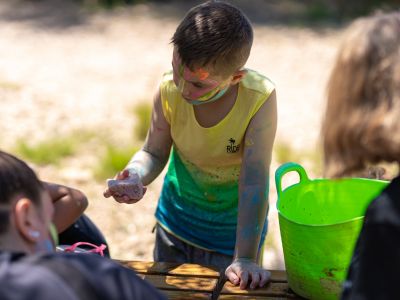
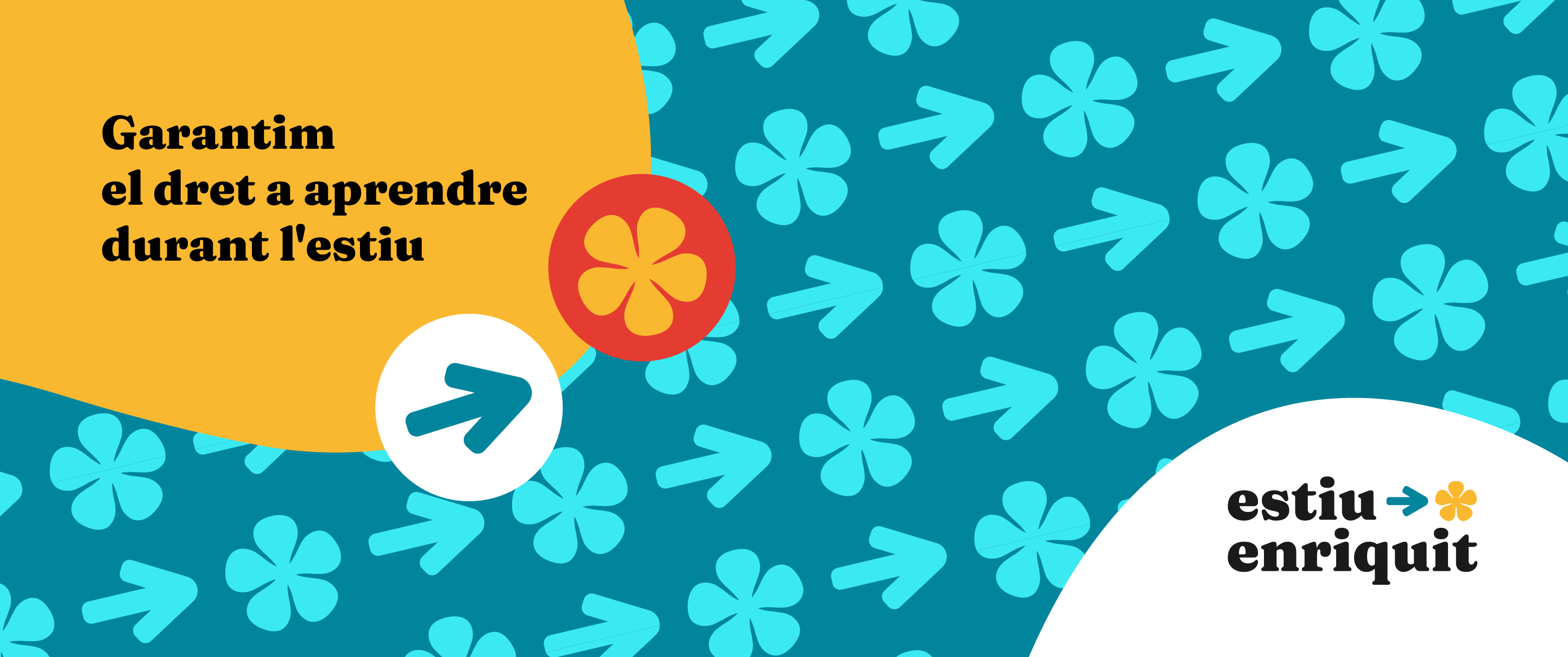
Enriched Summer
OpenWith the Enriched Summer strategy, in Catalonia we have brought up the need for public policies that deploy social and educational opportunities in the summer based on criteria of equity and quality so that all children and adolescents may keep on developing their skills during the school holiday months.
Summer activities are an excellent opportunity for children and young people to enjoy themselves and to socialise, as well as to improve their relational, expressive, linguistic, critical-thinking, curiosity-related and creativity-centred skills, together with many other skills that are essential for everyday life.
Unfortunately, however, not all children and young people have access to such activities under equal conditions. The low purchasing power of families; the lack of acquaintance with the offer of activities and with the procedures for taking advantage of them; the unfamiliarity with these activities’ benefits for children and young people; the estrangement from or the absence of sense of belonging to the respective proposals or organisations; and the lack of a geographically balanced and local offering are some of the factors of inequality and exclusion that have a bearing on participation in summer activities.
Research shows that the loss of opportunities for learning during the summer which affects the children and adolescents from disadvantaged milieus may come to produce a regression in learning equivalent to 2 or 3 months of schooling each summer. The cumulative effect of this gap in learning during the summer may translate, at the end of primary education, into three years of difference between more and less advantaged pupils.
This situation calls for a public policy that deploys municipal strategies (or regional ones in the less populated territories) along three priority lines: equity, connection and quality. The local public administrations are those which can provide the conditions required so that these educational opportunities will exist in all municipalities and so that they will be accessible to all children and young people, especially those who are most disadvantaged.
Blog
Read related articles
Projects
Related projects
Coordination
Project coordinators
-
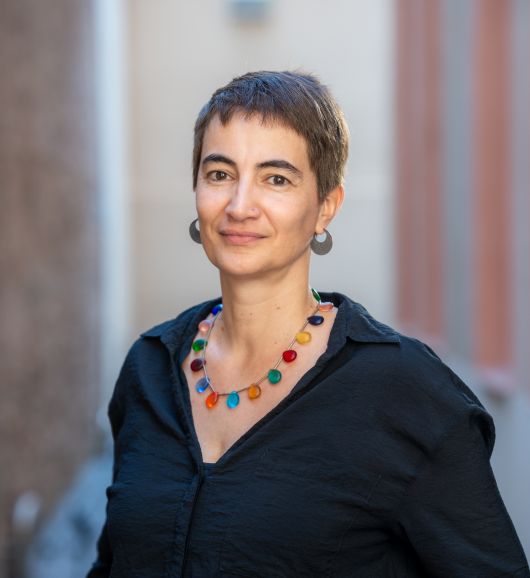

Maria Truñó
Autora
Directora de l'Aliança Educació 360 FormacióVaig estudiar Ciències Polítiques i Psicologia Social a la Universitat Autònoma de Barcelona. ExperiènciaHe treballat durant més de 20 anys en l’àmbit de les polítiques públiques, en especial, en educació i drets d'infància i adolescència. …
See more
-
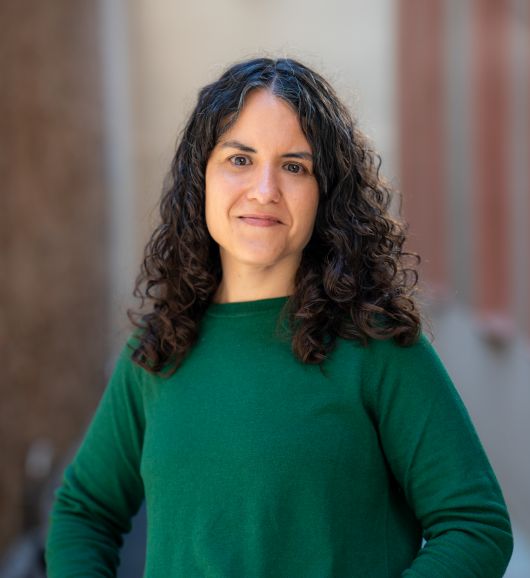

Núria Sala
Cap de projectes i polítiques d'estiu d'Educació 360
Cap de projectes i polítiques d'estiu d'Educació 360 Formació Sóc graduada en Antropologia social i cultural i màster en Antropologia i Etnografia per la Universitat de Barcelona. També he cursat el màster en Models i estratègies d'acció social i educativa en la infància i l'adolesc…
See more
